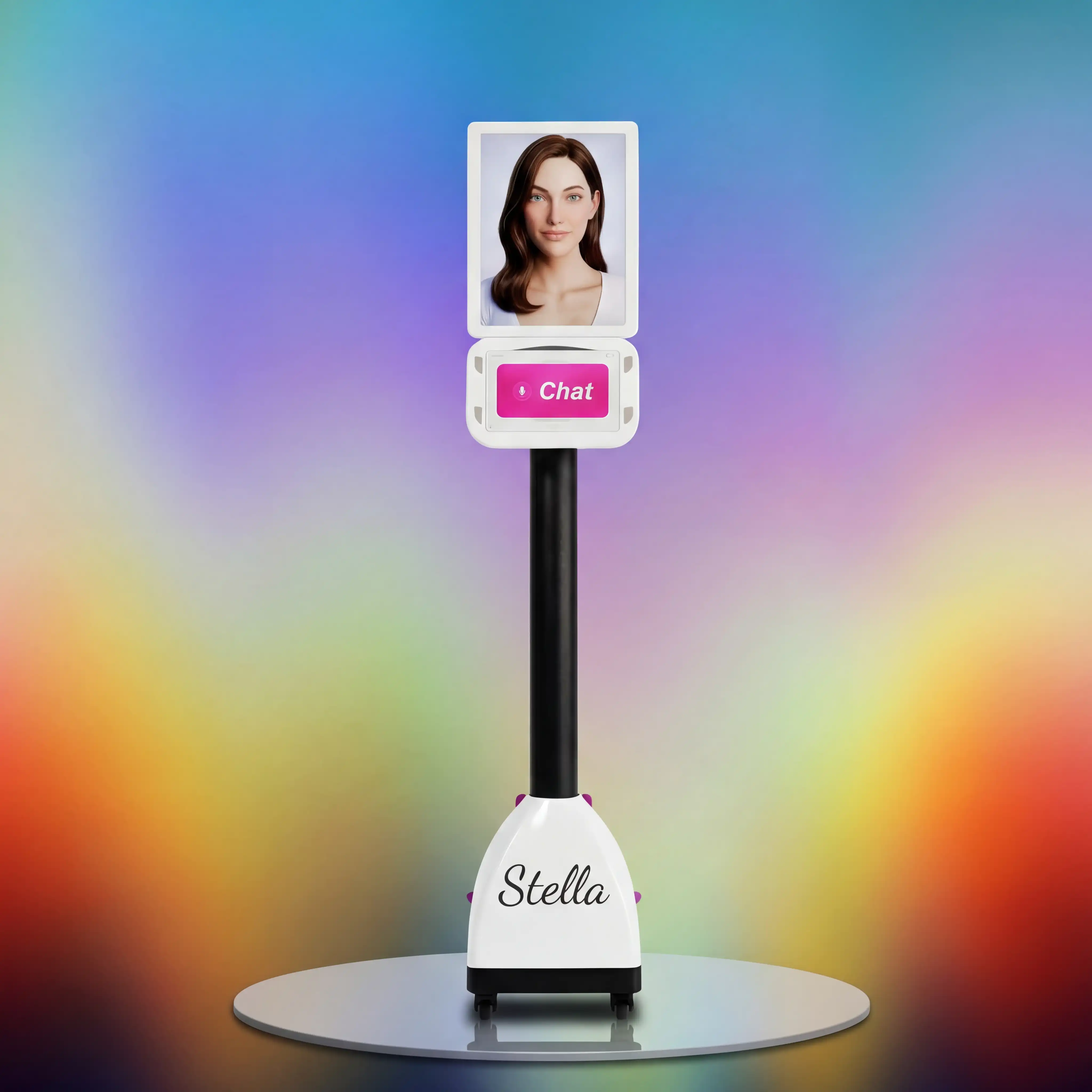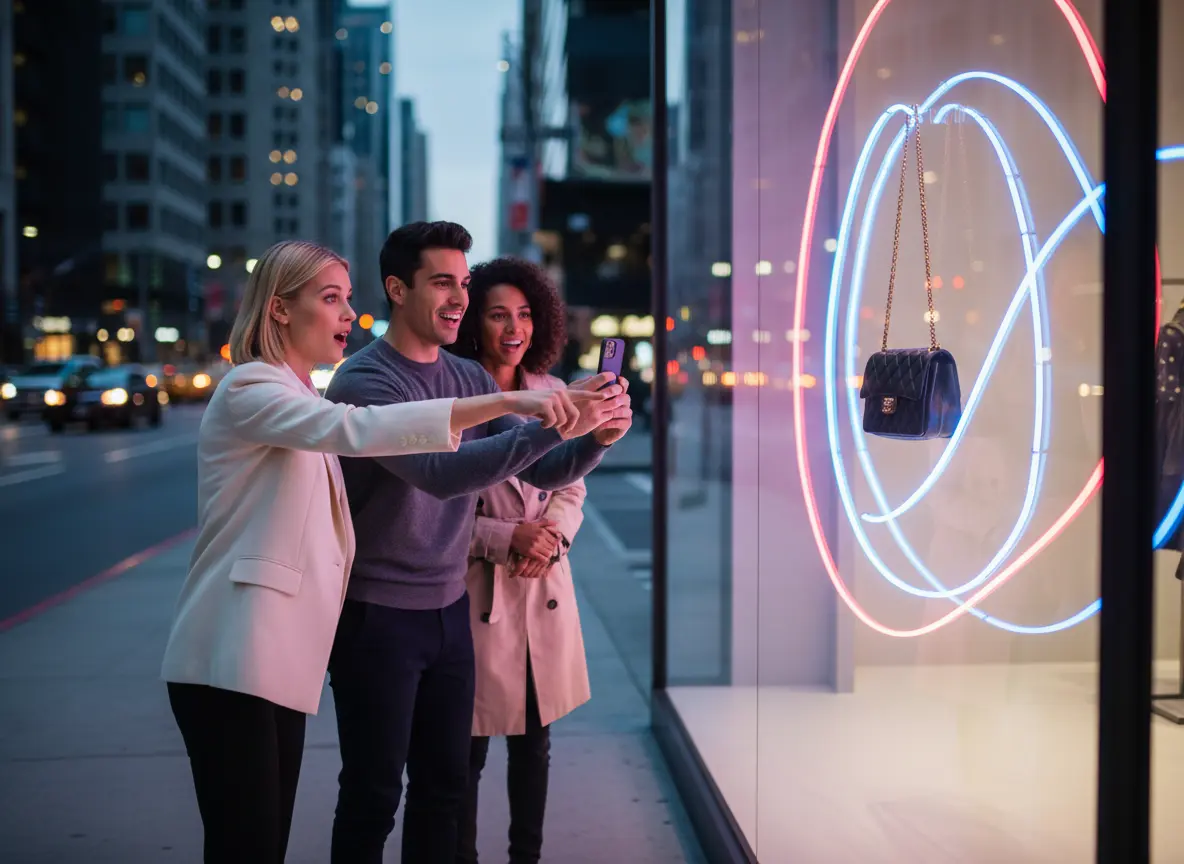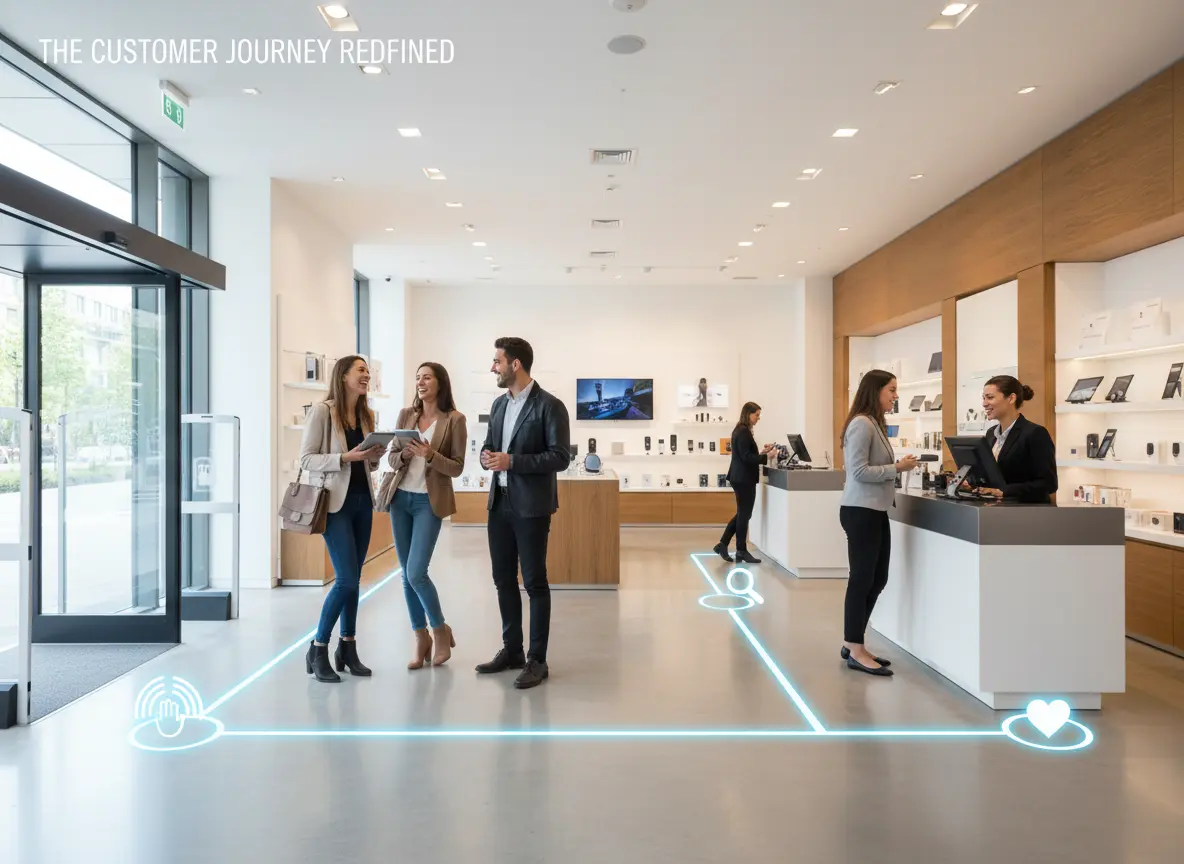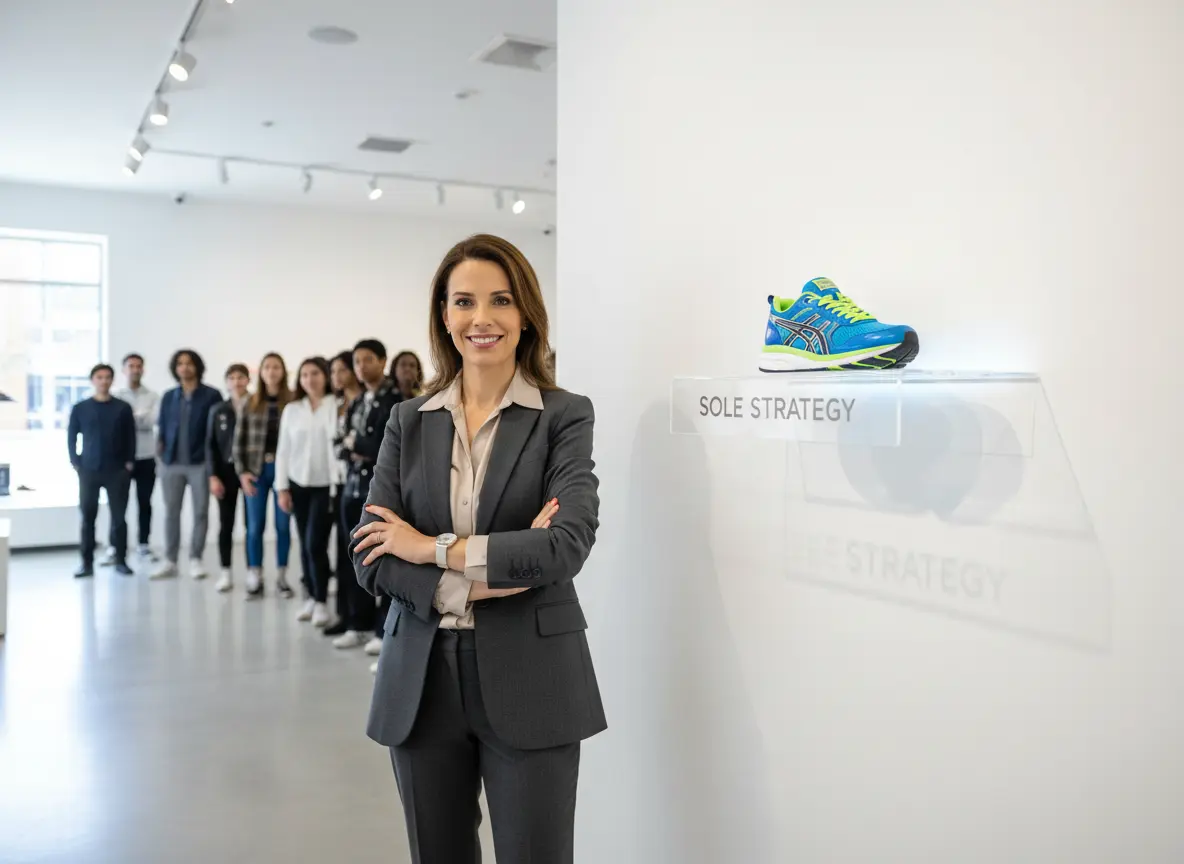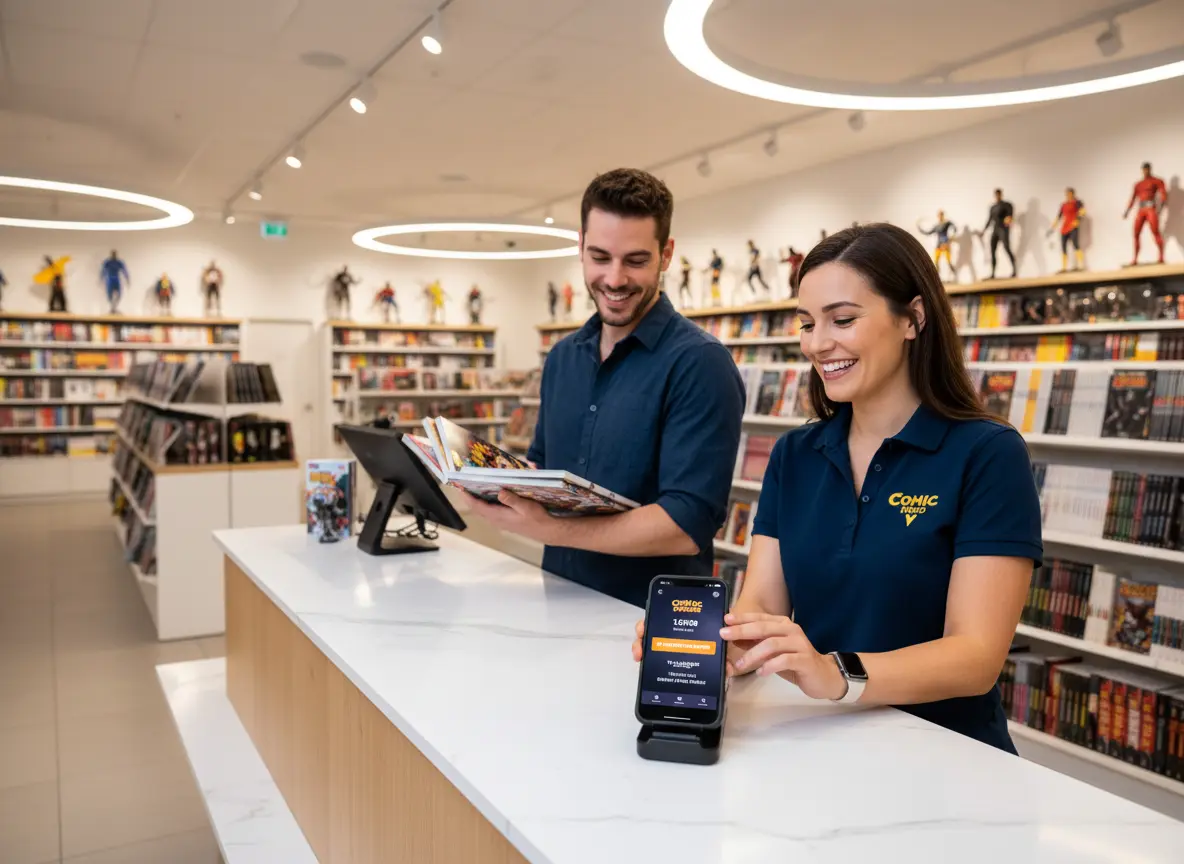Let's Talk About the Revolving Door in Your Stockroom
Ah, the retail employee lifecycle. You post a job ad. You sift through a mountain of applications that seem to be written in a foreign language. You conduct interviews, hoping to find that one shining star who can both fold a sweater and make pleasant small talk. You hire them. You train them. You finally get them to a place where they don't need to ask you where the extra shopping bags are for the tenth time. And then... they quit. For a job that pays twenty-five cents more an hour. Sigh.
This soul-crushing cycle isn't just emotionally draining; it's a financial black hole. The National Retail Federation pegs the cost of replacing a single hourly employee at around $7,500 when you factor in recruitment, hiring, and training. If you're losing even a few employees a year, you might as well be lighting your profits on fire in the back alley. The good news? You don't have to outbid Jeff Bezos to keep your best people. The secret isn't always in a fatter paycheck; it's in the small, clever, and often surprisingly cheap perks that make your store a place people genuinely don't want to leave.
The Tangible (But Cheap) Stuff That Actually Works
Before we dive into the fuzzy world of "culture," let's talk about the concrete, physical perks that don't require you to take out a second mortgage. These are the things your team can see, feel, and—most importantly—brag about to their friends who are stuck working for soulless retail giants.
Flexible Scheduling: The Perk That Costs You Absolutely Nothing
In the post-2020 world, "flexibility" is the new "free pizza." Your employees have lives outside your four walls. They have vet appointments, parent-teacher conferences, and the occasional desperate need to go to the DMV on a Tuesday morning. A rigid, unforgiving schedule is one of the fastest ways to send a great employee running for the hills. The solution? Treat them like adults. Use a scheduling app that lets them easily view their hours and swap shifts with pre-approved colleagues. Offer a mix of shift lengths. Can someone only work 10-2 on weekdays? If you can make it work, why not? This simple act of respecting their time costs you zero dollars and earns you a mountain of loyalty.
Meaningful Discounts and First Dibs
Let's be honest: a 10% employee discount is less of a perk and more of a polite suggestion. It's not going to inspire loyalty. It’s time to make your discount something worth talking about. A 30%, 40%, or even 50% discount transforms an employee from a simple worker into a brand evangelist. They’ll wear your clothes, use your products, and become walking advertisements. Take it a step further: give them first access to new inventory before it hits the floor or first crack at clearance items. It makes them feel like insiders, a valued part of the club. They're not just stocking the shelves; they're part of the inner circle.
Food. Seriously, Just Food.
You would be shocked at how far a well-timed donut can go. People get hungry. Retail is physically and mentally demanding. When the afternoon slump hits, having a stocked pantry with decent coffee, tea, and some non-stale snacks can feel like a godsend. You don’t need a catered lunch every day. Just bring in a pizza on a particularly busy Saturday. Order bagels for the morning crew on Black Friday. It’s a small investment that sends a huge message: “We know you’re working hard, and we appreciate it enough to make sure you’re not running on fumes.”
Lightening the Load Without Breaking the Bank
One of the biggest contributors to burnout is the sheer repetitive grind of retail. Answering the same five questions 100 times a day can test the patience of a saint. By strategically offloading some of that drudgery, you free up your team to do the interesting, high-value work they were actually hired for.
Banishing the "Do You Work Here?" Blues
Imagine the mental energy your team spends every single day answering these questions: "What time do you close?" "Are you hiring?" "Where is [insert obvious item here]?" It's exhausting. Each interruption pulls them away from more important tasks like engaging with a high-intent shopper, restocking a key display, or completing a complex transaction. This is where a little help goes a long way. Having an assistant like Stella at your entrance can be a game-changer. She greets every customer, answers all those common questions, and can even promote your latest sale—all without pulling your human staff away from their work. This frees them up to provide deep product knowledge and personalized service, making their job more fulfilling and your store more profitable.
Fostering a Culture That's Hard to Leave
This is where the real magic happens. A positive work environment is the ultimate retention tool, and it often costs more in effort than it does in cash. If your employees dread coming to work, no amount of free granola bars will convince them to stay.
Recognition That Isn't a Laminated Certificate
The "Employee of the Month" parking spot is a nice thought, but effective recognition is specific, timely, and personal. A generic award feels... well, generic. Instead, catch people doing something right and call it out. A shout-out in the team's group chat ("Big thanks to Mark for staying a few minutes late to help that last customer!") is immediate and impactful. A simple, handwritten thank-you card with a $10 gift card for their favorite coffee shop feels far more personal than a plaque. The goal is to make your employees feel seen, not just monitored.
Investing in Their Growth (Even on a Small Scale)
Your team wants to know they're not in a dead-end job. You don't need to offer a full-blown corporate ladder, but you can provide opportunities for development. Ask them what they're interested in. Maybe it's visual merchandising, social media marketing, or inventory management. Pay for a $50 online course. Let a senior employee mentor a junior one. Hold a 30-minute workshop on a new product line. Showing that you're invested in their skills demonstrates that you see them as more than just a warm body to run the register. It shows you see their potential.
Actually Listening: The Ultimate Free Perk
This might be the most important and most overlooked perk of all. Create real, functional channels for feedback and—this is the critical part—act on it. An anonymous suggestion box, whether digital or physical, can be a goldmine of information. Regular, informal check-ins that go beyond "How are sales?" are crucial. Ask: "What's one thing we could change that would make your shift better?" If multiple people complain that the barcode scanner is glitchy, fix it. If they say the music is driving them crazy, change the playlist. When employees see their feedback leads to actual change, they feel respected, valued, and empowered.
A Quick Reminder About Stella
While you focus on creating an amazing environment for your human team, remember that support can come in many forms. An AI retail assistant like Stella is the perfect teammate, greeting every customer and handling repetitive questions so your staff can focus on creating exceptional shopping experiences. She's the reliable, 24/7 presence that helps your star employees shine even brighter.
Conclusion: Stop the Bleeding, Start Building
Let's face it, you're never going to eliminate employee turnover completely. But you absolutely can slow down that revolving door from a frantic spin to a gentle rotation. It doesn't require a massive budget overhaul. It requires a shift in mindset—from viewing employees as a line-item expense to seeing them as your single greatest asset.
So, here's your homework. Pick one thing from this list. Just one. Implement it this week. Maybe you'll upgrade the breakroom coffee. Maybe you'll start a "kudos" channel on your team chat. Or maybe you'll finally ask your team what they actually want. Start small, be consistent, and watch what happens. You might just build a team that's as invested in your store's success as you are.

